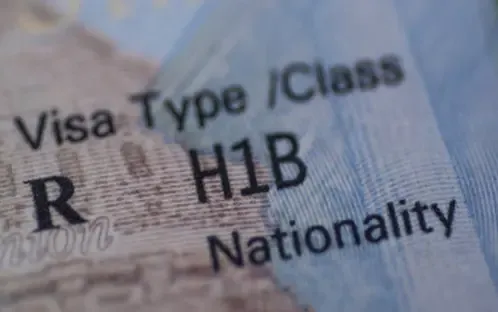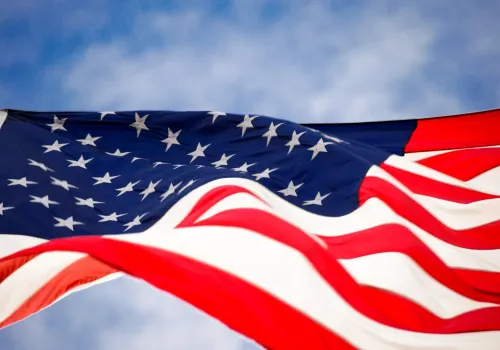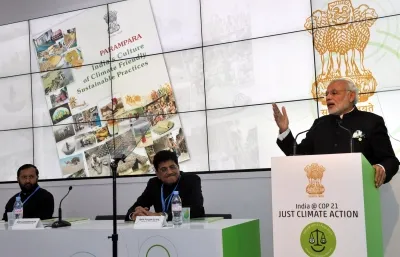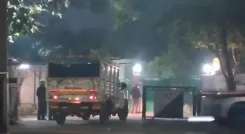Are Gazans Receiving Cash for Food, Yet Struggling to Find Supplies?
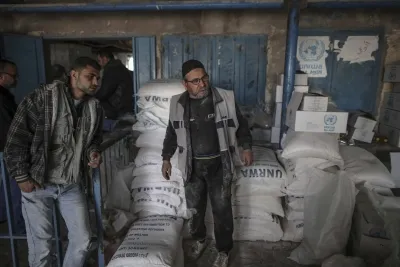
Synopsis
Key Takeaways
- Over 10,000 families in Gaza have received cash for food.
- Market prices are highly volatile and often unaffordable.
- Relief convoys are facing serious obstacles and dangers.
- Fuel shortages are impacting critical services.
- The UN is advocating for increased aid and commercial traffic.
United Nations, Aug 2 (NationPress) Relief workers have distributed cash to over 10,000 families facing hunger in Gaza, yet they are encountering a lack of food options in the market, according to UN humanitarian reports.
Market prices remain excessively unstable and unaffordable for many, as stated by the UN Office for the Coordination of Humanitarian Affairs (OCHA) on Friday.
OCHA noted that almost a week after Israel permitted an increase in aid and the secure passage of relief convoys, the support entering Gaza is still inadequate. Convoys are encountering hurdles and risks along the routes designated by Israeli authorities, as reported by Xinhua news agency.
The prolonged deprivation of essential life-sustaining goods has exacerbated the crisis, with numerous individuals reportedly continuing to face injury or death while searching for food. In just the last two days, over 100 people lost their lives along food convoy routes or close to Israeli-controlled distribution centers.
UN Children's Fund Deputy Executive Director Ted Chaiban, who recently visited Israel and Gaza, shared details of the mission with reporters at the UN headquarters in New York.
"We are advocating for an increase in humanitarian aid and commercial traffic to facilitate nearly 500 trucks a day to stabilize the conditions and alleviate the desperation among the populace... We must inundate the strip with supplies through every available channel and gateway," he expressed.
OCHA indicated that fuel continues to be in scarcity, although limited amounts have recently been allowed into Gaza.
"The United Nations and our partners require hundreds of thousands of liters of fuel daily to operate critical services, including health, water, sanitation, and emergency telecommunications," the office stated.
OCHA added that while fewer humanitarian missions are outright denied, approved operations can take hours to complete due to mandatory stops at various points along the designated routes.


